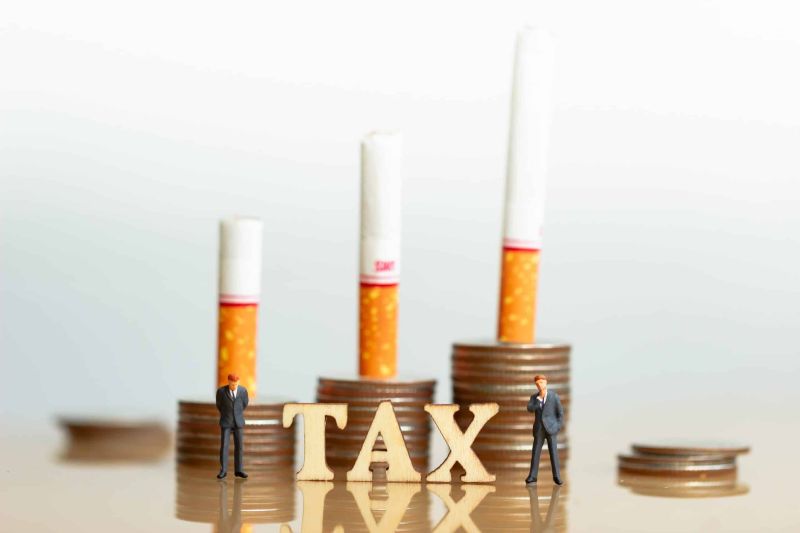Indiana Faces Pushback as Major Tobacco Tax Hike Sparks Outcry from Local Businesses
A significant increase in Indiana’s tobacco tax is set to take effect on July 1, aiming to address a $2 billion state budget shortfall. However, the decision to raise the tax by 200% has drawn sharp criticism from convenience store owners and small businesses across the state who fear the move will harm their livelihoods and push customers to neighboring states.
The tax hike, approved by Indiana lawmakers and signed into law by Governor Mike Braun, raises the state’s cigarette tax from just under $1 to nearly $3 per pack, making it the 12th highest in the nation. Taxes on other tobacco products, including cigars and e-cigarettes, will also increase under the new law. Legislators expect the change to generate roughly $800 million over the next two years, with the funds earmarked to help cover Medicaid costs.
Despite the financial rationale and the backing of advocacy groups like the Indiana Chamber of Commerce and the American Cancer Society, many small business owners remain deeply concerned. Critics argue that such a steep hike could lead to an uptick in cross-border tobacco purchases, hurting local retailers while doing little to actually curb smoking.
Owners of convenience stores, especially those near the state’s borders, like Richmond, are particularly alarmed. Scott Hackleman, COO of Herdrich Petroleum, which operates 20 QuickPix locations, including several in border areas, said the increase unfairly burdens adult smokers who are already dealing with rising living costs. He warned that the tax could also lead to a rise in illicit tobacco sales and black-market activity.
The opposition isn’t limited to small business owners. Joe Lackey, president of the Indiana Grocery and Convenience Store Association, pointed out that Indiana used to benefit from out-of-state sales due to its previously low tobacco tax. With the new rate, Indiana will now have higher cigarette taxes than all neighboring states, including Illinois ($2.98), Michigan ($2.00), Ohio ($1.60), and Kentucky ($1.10). He fears the change will reverse this advantage and drive long-term revenue losses.
While state officials believe the measure will help both the economy and public health, some lawmakers admit it’s a balancing act. Indiana Senate Pro Tempore Rodric Bray acknowledged that while the tax may dissuade new or existing smokers, the real impact on consumers and businesses is yet to be seen.
Retailers, meanwhile, are bracing for a possible surge in sales before the July 1 deadline, as residents stock up ahead of the increase. But many fear that after this brief spike, sales may drop sharply. Business leaders worry that some stores could be forced to cut jobs or even shut down, particularly in areas where tobacco products are a major source of revenue.
As Indiana prepares to implement the tax increase, the debate continues over whether the policy will bring the desired financial and health benefits or instead leave small businesses struggling to survive in an already challenging economic landscape.

COMMENTS (0)
Sign in to join the conversation
LOGIN TO COMMENT